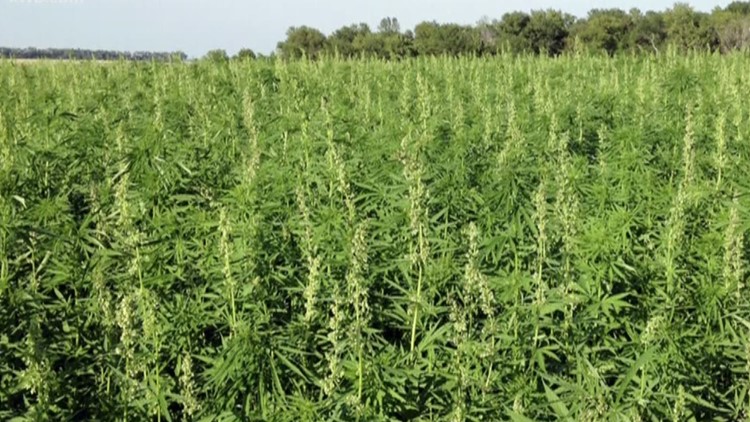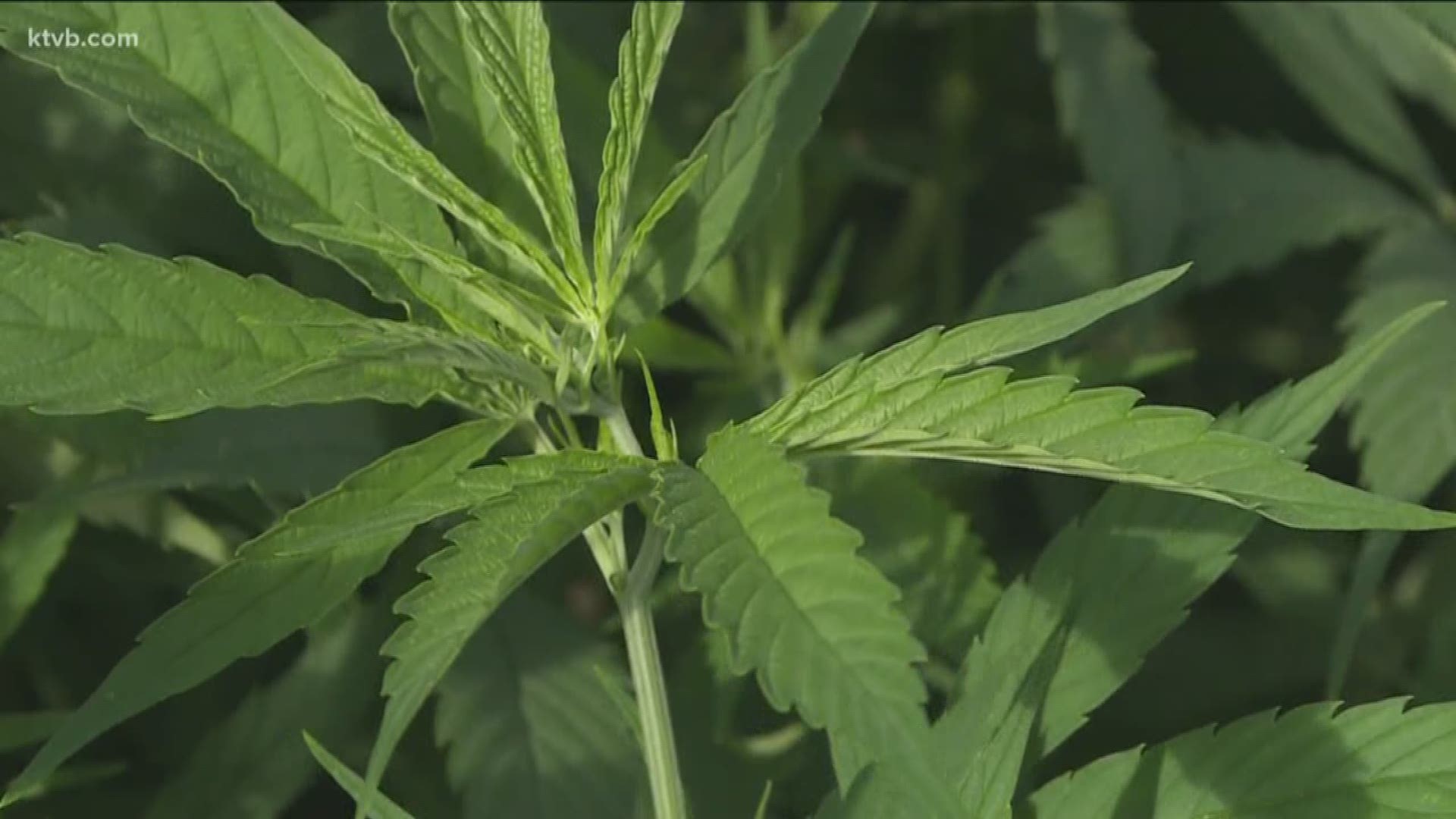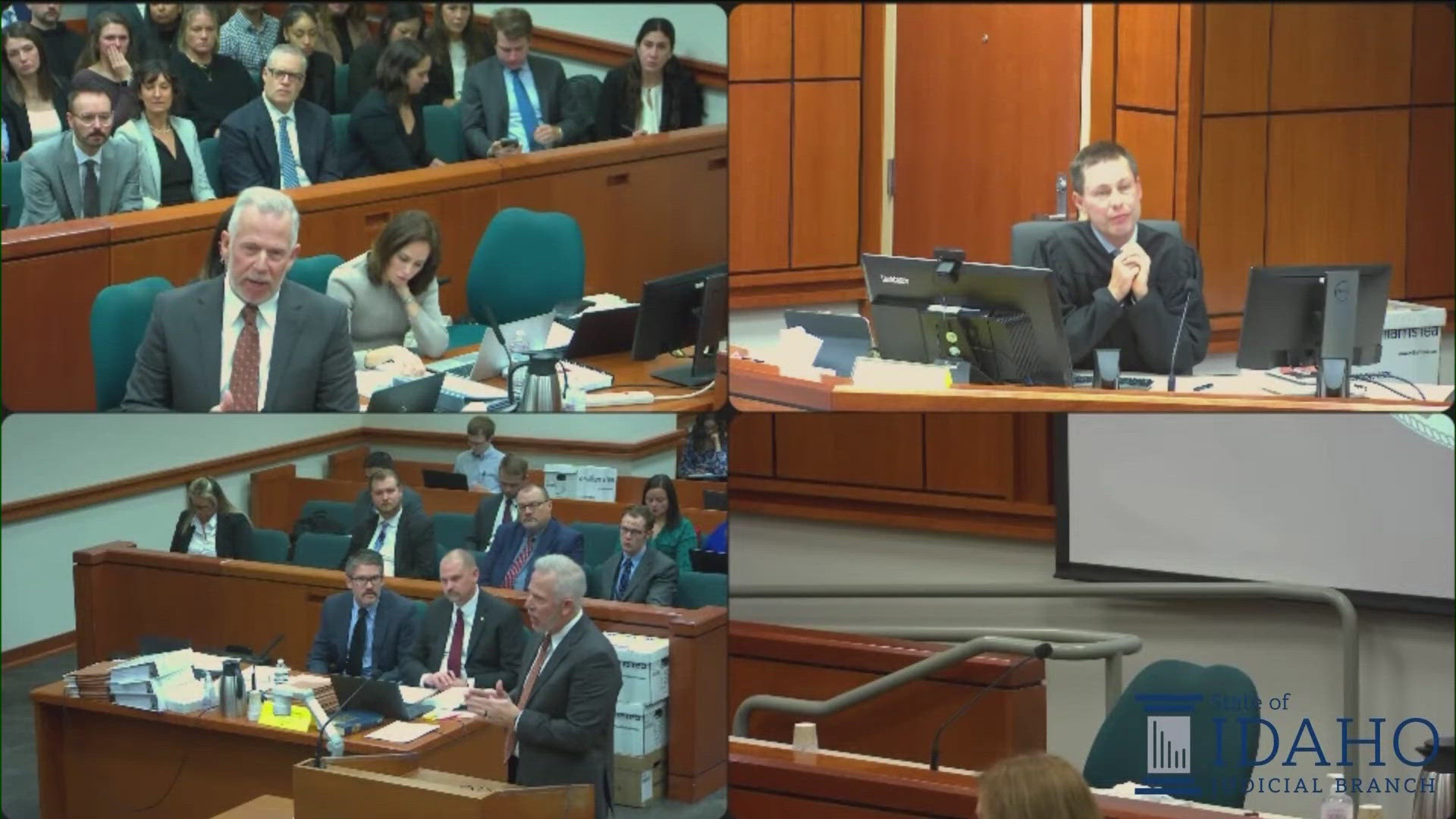BOISE, Idaho — A bill fine-tuning the regulation of transportation of industrial hemp in Idaho and charging the state with developing a hemp-growing plan cleared the Senate Agricultural Affairs Committee Thursday morning with a do-pass recommendation, according to the Idaho Press.
The bill, SB 1345, sponsored by Sen. Abby Lee, R-Fruitland, would, for the first time, create a distinction between hemp and marijuana under Idaho law. The committee approved the bill with only one member, Sen. Regina Bayer, R-Meridian, voting against it.
Both hemp and marijuana contain tetrahydrocannabinol, the psychoactive ingredient in marijuana, but by federal law, hemp contains .3% of THC or less; it does not produce a high. Hemp was removed from the federal list of controlled substances in 2018, but in Idaho, any substance containing THC is considered marijuana.
While Lee’s bill doesn’t remove hemp from Idaho’s Schedule 1 list of controlled substances, it does make the transportation of hemp without the proper permit and licensing a misdemeanor. The penalties would include a $150 fine upon first offense, a $300 fine upon second offense within five years, and a $1,000 fine, or a possible six months in jail, upon a third offense within five years, according to the bill’s text.
Creating that distinction still preserves law enforcement officers’ ability to conduct a search of a vehicle or a person if they believe there is probable cause a crime has been committed, Lee said.
“If law enforcement believes this not to be hemp, they can move forward as if it is marijuana,” she told the committee when introducing the bill.
However, once the substance is tested and proven to be hemp instead of marijuana, the person transporting the plant without a license would face the fines outlined in the bill, rather than the penalties enumerated under the state’s marijuana laws. The Idaho State Police now has the ability to test the potency of a THC-containing plant at three locations in Idaho, Lee said, whereas in years past the substance had to be sent out of state for testing.
Lee said she’d worked with the Idaho Fraternal Order of Police and the Idaho Prosecuting Attorneys Association in crafting the proposed legislation.
“This isn’t scary language, and it’s also a direction to our law enforcement,” Lee said.
The bill does not deal with the question of the legality of hemp products or CBD oil for human consumption. That’s a separate issue, Lee said. Her bill is an agricultural bill, she said, and it aims to provide clarity for growers and transporters of hemp containing THC.
To that end, the legislation charges the Idaho State Department of Agriculture to develop a state plan by June for regulating the production of hemp, and submit it to the federal government for approval. This process of developing such a state plan is outlined in the federal 2018 Farm Bill. Idaho is behind other states in the process of developing a state plan, Lee said, and is operating under a stopgap executive order from Gov. Brad Little governing the transportation of hemp.
Public testimony on Thursday morning focused on the economic opportunities legal hemp could provide in Idaho. Doug Jones, who described himself as a “semi-retired farmer from the Magic Valley,” reminded the committee the bill was destined to be “not everything some people want,” but said it’s also “more than what others want.”
“Starting a new process like this, there is no perfect legislation,” Jones said. “But you have to take the first step.”
Braden Jensen, a representative from the Idaho Farm Bureau Federation, testified in support of the bill. He told senators his organization has supported the legalization of industrial hemp for more than two decades. The bill wasn’t everything the bureau would have written had its members been able to draft the legislation themselves, he said, but he still felt the legislation needed to move forward.
While Lee said her bill isn’t comprehensive, she said she still believes it’s a way forward to begin the process of creating a more comprehensive plan later on.
“It doesn’t do everything I think a state plan will do, but it’s a path forward,” she said.
Sen. Maryanne Jordan, D-Boise, also said she felt a need to take a first step in passing the bill.
“I don’t think we should let the perfect be the enemy of the good,” Jordan said, just before voting to send the bill to the Senate floor.
More from our partner Idaho Press: Lawmakers boost higher ed budget
Watch more 'Idaho Politics'
See them all in our YouTube playlist here:




